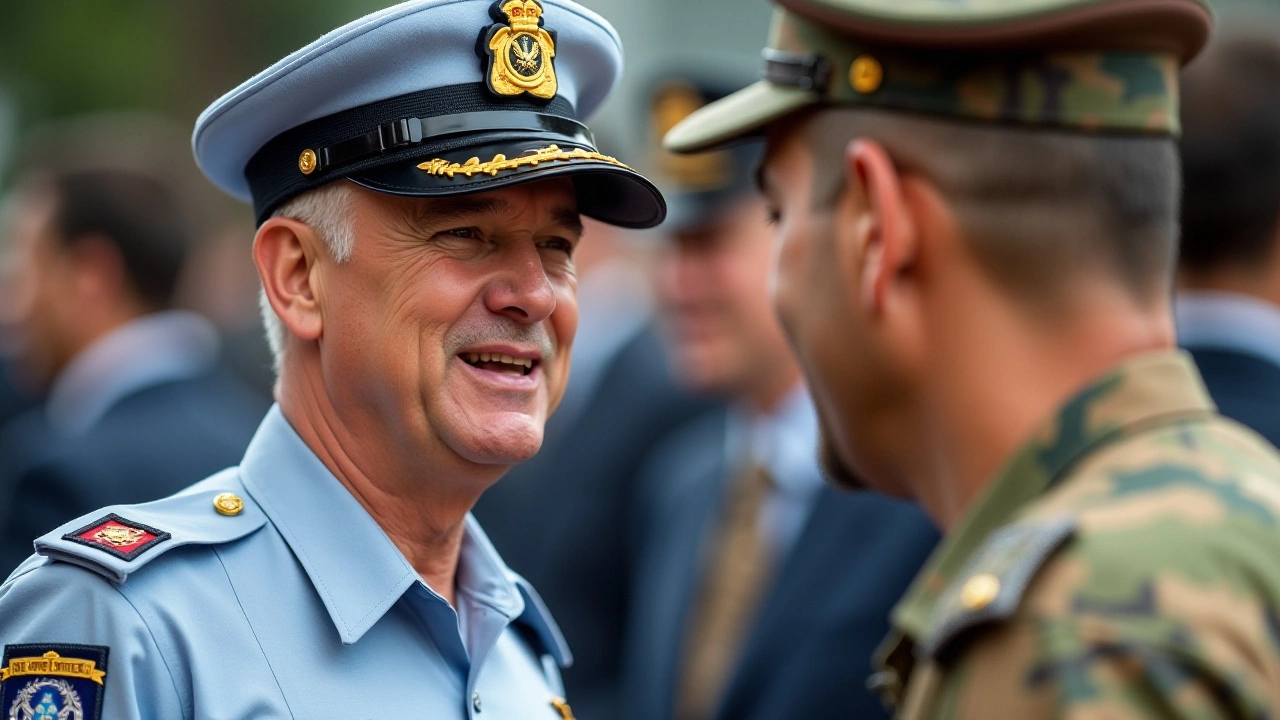Everything You Need to Know About the UN-backed Force
If you've been following global news, you might have heard about the "UN-backed force" popping up in headlines. But what exactly is it? Simply put, a UN-backed force is a military or security group supported by the United Nations to help maintain peace and security in conflict zones. They often step in when tensions rise between countries or within regions to keep the peace and protect civilians.
What makes these forces different from regular armies? The key is their international backing and peacekeeping mission. They aren't there to take sides but to enforce agreements, monitor ceasefires, and sometimes assist with humanitarian aid. These forces draw personnel from various countries, which helps give them more legitimacy and neutrality.
Why Does the World Need a UN-backed Force?
Conflicts can get messy, and local forces may not always have the means or willingness to resolve issues peacefully. The UN-backed force steps in as a neutral party with a mandate to stabilize volatile areas. By doing this, they prevent conflicts from exploding and spreading, saving lives and promoting stability.
But it's not always smooth sailing. Challenges like limited resources, complex political situations, and sometimes pushback from local groups can affect these missions. Still, they have shown success in places by reducing violence and paving the way for diplomatic solutions.
What’s Happening Now With UN-backed Forces?
Today, UN-backed forces are active in several hotspots around the world. Their roles vary: from monitoring ceasefires, protecting humanitarian workers, to helping rebuild communities post-conflict. They also face criticism when missions don’t go as planned, which prompts ongoing debates on how to improve their effectiveness.
If you keep an eye on the news from Cape Town Daily Buzz, you'll find up-to-date reports covering how these forces affect local communities and international relations. Whether it's developments in African conflicts or peacekeeping updates worldwide, staying informed helps us understand the global security landscape better.
So next time "UN-backed force" comes up in conversation or headlines, you’ll know it’s about a crucial international effort to keep peace when things get tough. It’s a complex, sometimes challenging role, but one that aims to protect people and promote stability across borders.
Kenya Refutes Allegations of Police Resignation in Haiti Amid UN Mission
The Kenyan government disputes claims of nearly 20 officers resigning due to pay delays and poor conditions in Haiti. Inspector General Douglas Kanja and MSS Force Commander Godfrey Otunge refute these claims, ensuring officers' salaries are up-to-date and dismissing allegations as inaccurate. The UN Security Council's mission seeks to restore peace in Haiti amid violent gang control.

